Testosterone therapy (TRT) has long been debated, especially concerning its potential impact on heart health. Recent studies, including the pivotal 2023 TRAVERSE study published in the New England Journal of Medicine (NEJM) and corroborated by findings in the Journal of the American Medical Association (JAMA), shed new light on this topic. Here’s what you need to know.
The TRAVERSE Study: What It Examined
The TRAVERSE study evaluated over 5,000 men aged 45–80 with low testosterone levels and cardiovascular risk factors. Participants were randomly assigned to receive testosterone therapy or a placebo and followed for an average of five years. The goal was to assess whether testosterone therapy increased the risk of major adverse cardiac events (MACE), such as heart attack, stroke, or cardiovascular-related death.
Key Findings from the TRAVERSE Study
- Cardiovascular Safety Confirmed The study found no significant difference in rates of MACE between the testosterone therapy group and the placebo group, suggesting that TRT does not inherently increase cardiac risks when properly managed.
- Quality of Life Benefits Men receiving TRT reported improved energy levels, mood, and sexual health—frequent concerns for individuals with low testosterone.
- The Importance of Monitoring While the results are reassuring, the researchers emphasized the need for ongoing evaluation to ensure safe and effective outcomes tailored to each individual.
Supporting Insights from JAMA
A complementary analysis published in JAMA highlighted similar findings, reinforcing that testosterone therapy does not significantly heighten cardiovascular risks when used in appropriate candidates. The study in JAMA also emphasized:
– Patient Selection Matters: The benefits of TRT are maximized in men with clinically diagnosed hypogonadism rather than age-related testosterone decline alone.
– Regular Monitoring Reduces Risks: Close supervision, including cardiovascular health assessments, is essential for safety.
While the results are reassuring, the researchers emphasized the need for ongoing evaluation to ensure safe and effective outcomes tailored to each individual.
What Does This Mean for You?
At Pulse 360° Health, we prioritize safe, evidence-based testosterone therapy for men aiming to improve their overall health and quality of life. We follow the latest guidelines and studies, including those from NEJM and JAMA, to ensure you receive care backed by the most current research.
Here’s how we help:
– Comprehensive Initial Assessment: We evaluate your hormone levels and cardiovascular health before recommending TRT.
– Personalized Treatment Plans: Every patient receives a therapy plan tailored to their unique needs.
– Ongoing Monitoring: Regular lab work and follow-ups ensure your treatment remains effective and safe over time.
Key Takeaways
– TRAVERSE Study Findings: TRT does not increase major cardiovascular risks like heart attacks or strokes.
– Complementary Evidence from JAMA: Reinforces the cardiovascular safety of TRT in well-monitored patients.
– Improved Quality of Life: Benefits include better energy, mood, and sexual health, making TRT a valuable option for eligible men.
Ready to explore testosterone therapy? Contact Pulse 360° Health today for a consultation and take control of your health with confidence.

References
- Nassar, R., & Miner, M. (2023). TRAVERSE: Effects of Testosterone Therapy on Cardiovascular Outcomes. New England Journal of Medicine.
- Grossmann, M. (2023). Testosterone Therapy in Men with Hypogonadism: Cardiovascular Outcomes in Context. Journal of the American Medical Association.
- American Heart Association. (2023). Testosterone Therapy and Heart Health: A Closer Look.


